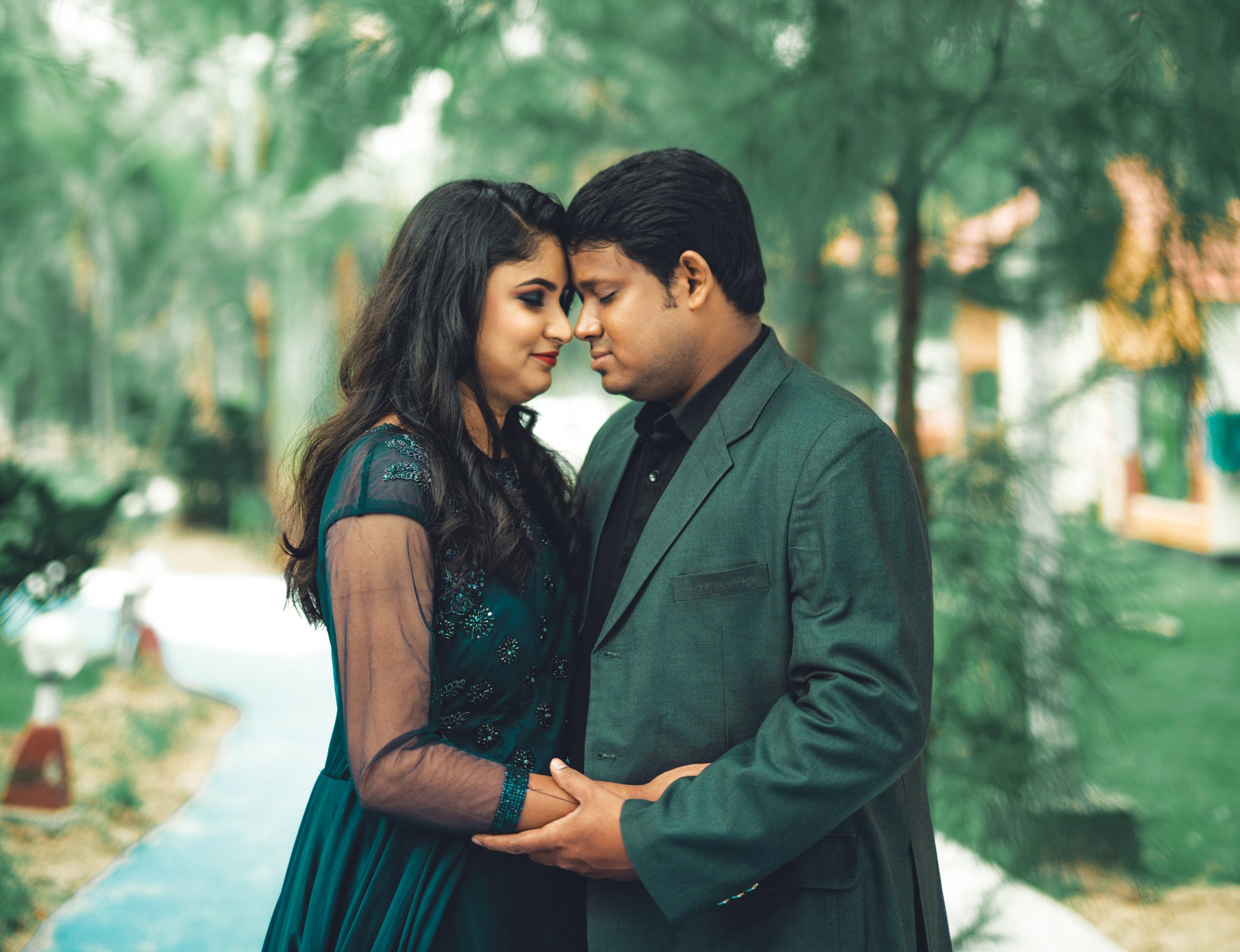TRUTH BE TOLD
HOW’S IT WITH YOU TWO?
Image credit: DEBASHISH MANNA on Pexels.
By DR VICKI BISMILLA
I enjoy British TV detective dramas very much. Despite the historical and political hurt that the Brits have caused which I despise, my conundrum is that I find some of their TV writing and acting superb.
I recently became completely addicted to one such TV detective drama of the 90s, Inspector Morse, which I only discovered ten years ago in reruns. I watch and re-watch the reruns on PBS Masterpiece to this day.
They now have a prequel to that drama, Endeavour, which shows the same inspector as a young cop played by an excellent young Irish actor, Shaun Evans, and you guessed it, I’m addicted to that show as well.
The original books were riveting and the adapted screenplays by gifted screenwriters are outstanding.
In the original series, the middle-aged inspector dies at the end of the series and of course his fans were devastated. And when, two years later in real-life, the original middle-aged actor, John Thaw, himself died in 2002 from cancer, his fans were again devastated.
I couldn’t understand why, years later, the death of a character and the subsequent death of the actor affected me. It was irrational.
Very recently I picked up a book titled The Two of Us: My Life with John Thaw (2004), written by John Thaw’s wife, Sheila Hancock, also an acclaimed actress, and I now see them as just the ordinary people they were, ordinary actors with ordinary lives. She describes their struggles as young actors, living from hand to mouth, in hostels, bedsits, cramped flats, eating simple meals and working insane hours.
Even as they experienced more success on stage and screen, their house was modest, no flashy American style mansion, just an ordinary family, living ordinary lives, cooking, gardening and loving the pleasures of family with children and grandchildren.
Normal joys, normal squabbles and making up, normal gaffes, laughter and strifes.
And this has made me understand that we inflate public persona to incredible heights in our minds and place them on pedestals that are make-believe.
So I am able now to say goodbye to the good inspector and to the late actor who played him.
I think fans of Indian cinema felt the same way with the too-soon death of Irrfan Khan who preferred to be called just Irrfan so as not to be identified as anyone specific, just an artist and a gentle human being.
I have watched The Lunchbox many times over the years.
Why do we identify with public persona who impact us on such a personal level? Perhaps it is their rise from simple roots to honing their craft to such a polished level that we connect with them as one of us.
This is not the same as idolizing the rich and famous. On the contrary. It is diametrically opposite to that. It is aligning ourselves with those who appear to reflect the simplicity and normalcy of lives we respect, the anti-celebrity.
We admire their quiet craft, their minds and their ability to resonate with our concept of ‘everyman’.
Perhaps this need to identify and admire is at the root of the burgeoning “self-help” industry, in which readers admire and follow people who overcome struggles and share their stories; or gurus who attempt to lead others on pathways that they recommend.
Or perhaps it is just the human need to connect with people, the original fibres of community. A sense of community is when people feel they belong, they matter to others in a group and they feel a commitment to one another.
This can be territorial communities like neighbourhoods or room mates, school mates, circle of friends or spiritual communities like church groups and in today’s tech age it seems more and more people relate to one another in virtual communities.
There develops a shared emotional connection. And it’s that emotional connection that starts to extend to characters that people begin to regard as known or familiar members of their own mental community.
The disconnect, of course, is that this inclusion of public persona into one’s circle of community is make-believe, it’s not reciprocal, its not real. We see this in the idolizing of sports heroes, where otherwise rational people yell at the TV, tear out their hair when their hero is losing a match, when they argue with friends about the superiority of their chosen one over other players and it is all good fun until it isn’t.
It is important to be sure that any relationship you think you have is a healthy one, one in which reciprocal mutual respect is key.
So it should immediately become apparent that hero worship is not real, not reciprocal, not communicative and not healthy.
And in real relationships with real people, family, friends and community the keys are trust, reciprocity, mutual respect and safety.
If you do not feel these four things in your relationships or in any community that you have joined, then it is time to re-evaluate.
Dr Vicki Bismilla is a retired Superintendent of Schools and retired college Vice-President, Academic, and Chief Learning Officer. She has authored two books.


